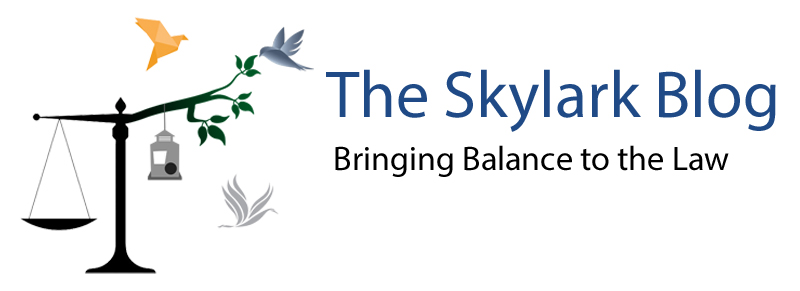There is a story that Willie Sutton, a famous bank robber, once responded to a reporter who asked "Why do you rob banks?" with the simple answer "Because that's where the money is!" While that story is probably made up , it reminds me of the reason that most people go to court to get divorced: because that's where the paperwork has to be filed. Of course, if divorce was as simple as filling out the paperwork then there would be no need to write anything further. However, the act of getting divorced involves numerous aspects of a couple's lives including finances, parenting, communication, loss of a relationship, forming of new relationship dynamic, etc. One Court's Answer: One court in San Francisco, California has recognized this problem by "strongly recommending" that people filing with the court in family law matters first consider out-of-court dispute resolution options: "The San Francisco Superior Court and its Famil

Read about mediation, collaborative law, and divorce in Massachusetts, with content from Skylark Law & Mediation PC, Gray Jay Endeavors LLC, and Dispute Resolution Training Associates.
WE HELP FAMILIES RESOLVE CONFLICT PEACEFULLY
 Skylark.law -
508.655.5980
Skylark.law -
508.655.5980
schedule a consult